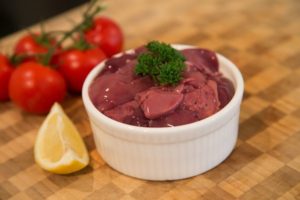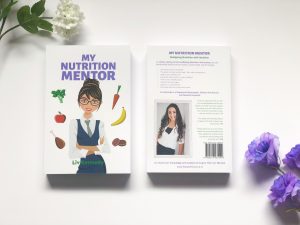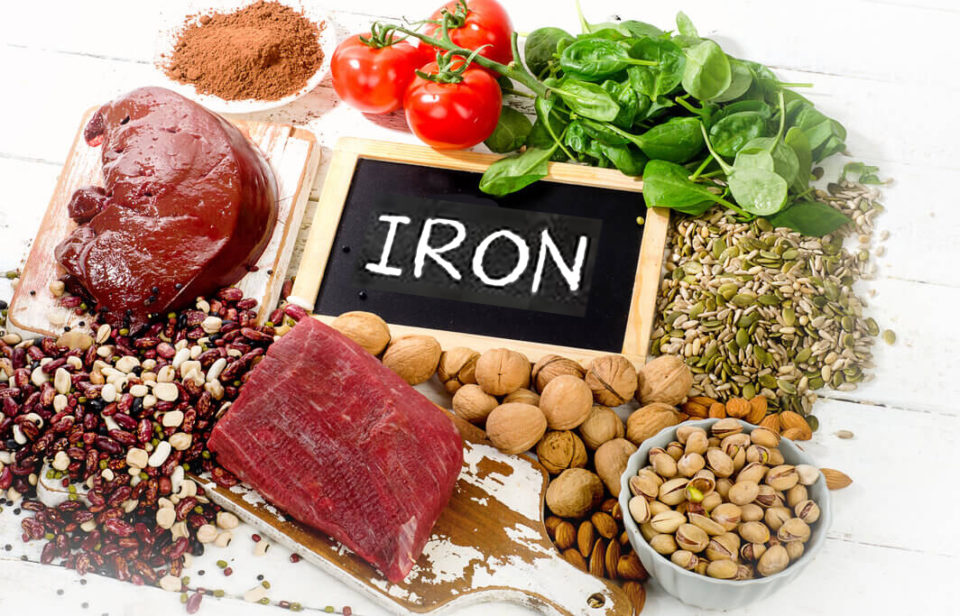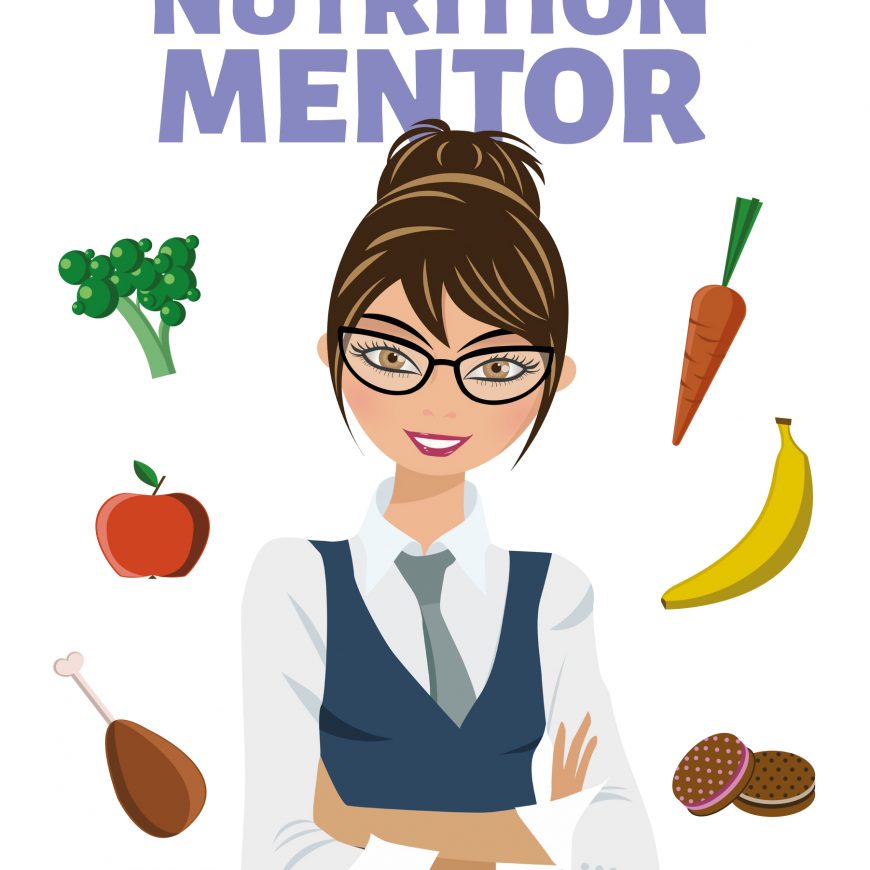Iron deficiency, especially anaemia, increases the occurrence of illness and infections.
One study carried out in eight Auckland high schools found that 18.3% of teenage girls were iron-deficient and 11.5% were anaemic. While only 1.5% and 1.4% (respectively) for teenage boys. This is because boys are likely to eat more red meat and they don’t menstruate!
Symptoms of iron deficiency include tiredness, fatigue, low energy, pallor, breathlessness, feeling faint, hair loss, bright red tongue, and spoon-shaped nails.
The RDI is 8mg for adult men and 18mg for women aged 19-50 (menstruating age) and 8mg for women over 50, per day. The RDI for pregnant women is 27mg per day.
Food Sources and their Approximate Iron Content per 100g:
- Liver – 18mg
- Soybeans – 16mg
- Tofu – 5mg
- Molasses – 5mg
- Beef – 3mg
- Lentils – 3mg
- Dried apricots – 3mg
- Lamb – 2mg
- Eggs – 2mg
- Tempeh – 2mg
- Kidney beans – 2mg
- Spinach – 2mg
- Silverbeet – 2mg
- Chicken – 1mg
- Kale – 1mg

Keep in mind that iron is more easily absorbed from animal sources than plant sources. 7-35% of haem iron (animal sources) is absorbed compared to 2-20% of non-haem iron (plant sources). See how easy it is to be iron deficient! However, vitamin C further enhances iron absorption. Eating/taking vitamin C with non-haem iron-rich foods is your best bet to absorb as much iron as possible if you are vegan/vegetarian. Here you would be getting both vitamin C and iron to support your immune system.
Iron is mostly stored in the liver. The average male stores around 1,000mg of iron which is enough for about three years. Comparatively, females store around 300mg which is enough for about six months. If you become deficient you may need to take an iron supplement or increase iron-rich foods for a few months to build your stores back up again.
There is a greater risk of iron deficiency if you are female and of child-bearing age, have heavy periods, are vegan or vegetarian, malabsorption, pregnant, fussy eaters (especially children), donate blood, or have lost a large amount of blood due to an accident.
Consult your healthcare practitioner before supplementing in iron as it is toxic and inflammatory in excessive levels.
*Extract from my book MY NUTRITION MENTOR by Liv Kennedy

Check out my blogs ~ All About Anaemia and Considerations for Anaemia
Your Nutrition Mentor,




